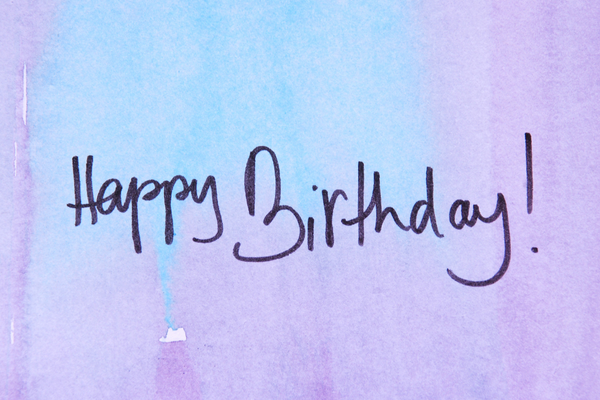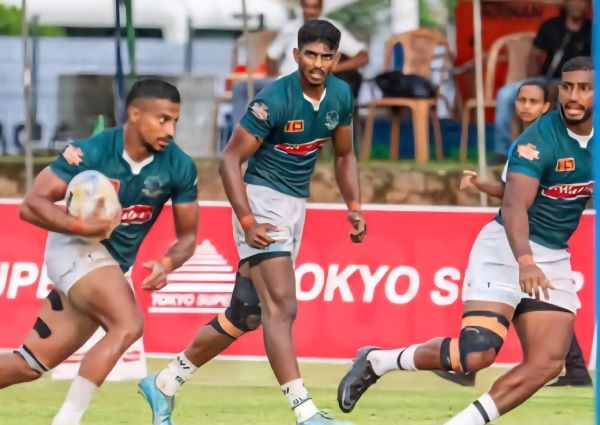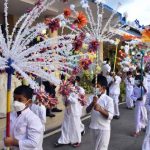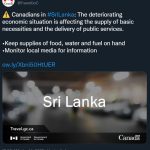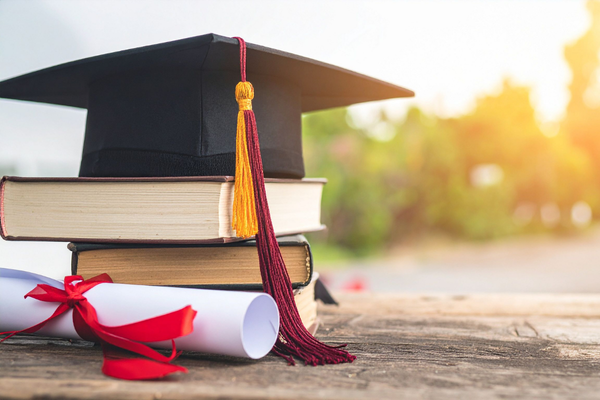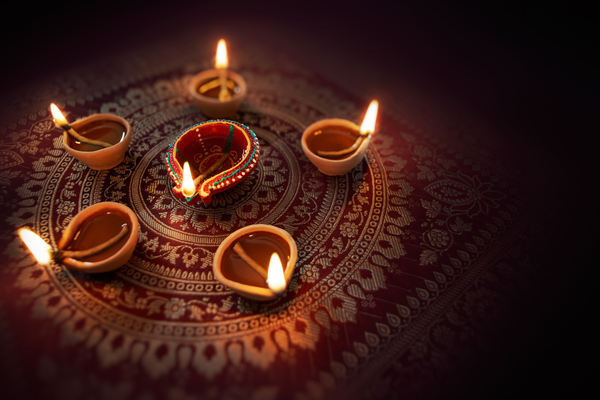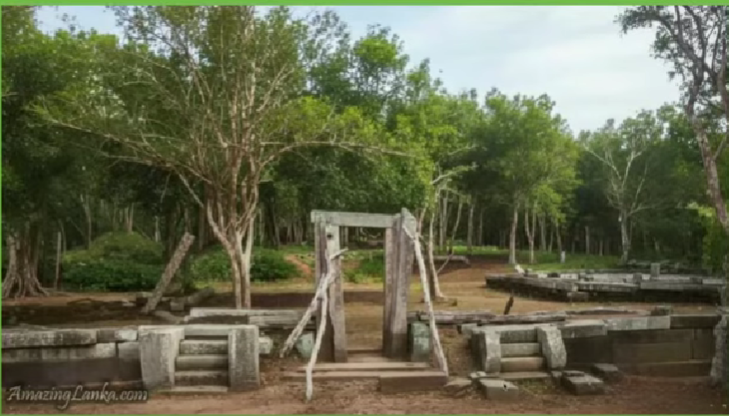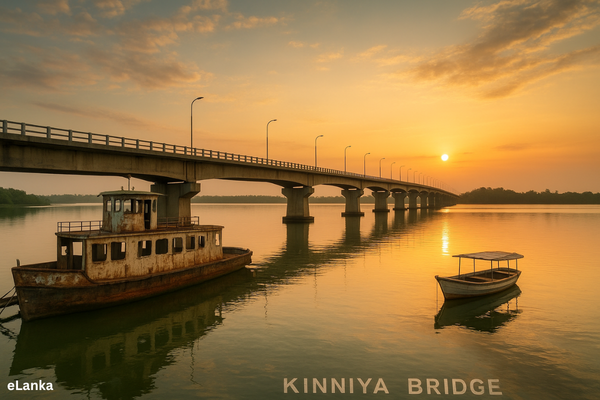40th Death Anniversary of Justin Wijayawardhana: Reminiscences of a bygone socio-political milieu-By Dr Upul Wijayawardhana
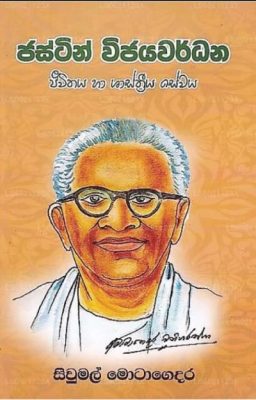
Source:Island
It was 14th January 1982. I, together with my family, was making slow progress from Colombo to Matara in the pre-expressway era, when we heard on the car radio, the noon news bulletin of SLBC announcing the death of my father. There were no mobile phones then for me to receive the sad news from the family. My sister Mali, the only other medic in the family, very kindly undertook the onerous task of looking after our father in the intimate environs of our traditional family home ‘Wijaya Giri”‘ in Godagama rather than allowing him to wither away on a hospital bed. Having visited my father a few days earlier and persuaded Mali against active treatment in an inevitable situation, I was not surprised to learn the end of his multifaceted life but was sad that I could not be there, holding his hand that penned millions of words, when he left this world after decades of selfless service.
Standing at the foot of the bed and looking at his majestic face darkened by death, I thought to myself, “What have I done, compared to what you achieved in so many spheres?” I am still reading about his unmatchable achievements and learning more and more about him from others who write about him. has taken 40 long years for me to pen this tribute although my admiration of him has grown exponentially over the years. In fact, I wondered whether I could be tarnishing his image posthumously by referring to him as a politician because he had so many other significant achievements. I am doing so purposefully to emphasis that our country was once blessed with politicians whose mission was to serve.
First to represent the UNP from Matara District
Communism took root in the Matara district because the leader of the Communist Party Dr S A Wickramasinghe was from there and also a very caring general practitioner. In fact, my father started social service in the early 1930s with Dr Wickramasinghe, forming the Matara Youth Society with him as secretary and Dr Wickramasinghe as the president. Although they parted ways due to ideological differences, they remained friends, and Dr W was gracious enough to offer him the nomination from the Communist Party on more than one occasion. In spite of certainty of success, my father refused and stood by the UNP. The Matara branch of the UNP proposed him as the candidate for the 1952 and 1956 general elections, but the hierarchy of the UNP parachuted outsiders encouraging caste-based politics.
In 1960, the UNP high-command was forced to relent and my father successfully contested Matara seat becoming the first UNP MP for Matara and the first to do so from the whole district. He was chosen to propose the vote of thanks to the throne speech of the Dudley Senanayake government enabling him to demonstrate his much-recognised oratory in the parliament too. His old friend, Dr W retorted cynically from the Opposition benches, “My good friend has made an excellent speech, as usual, but it may well be the funeral oration of this government”, which was prophetic! Unfortunately, my father lost in July, the seat he gained in March. One reason for the loss was malicious stories spread by his opponents alleging he had said, that he needed to wash the seat in the parliament before sitting on it. I know well this was more hurtful to him than losing the election as he was one of the pioneers in the South to stand against caste divisions. In fact, in early 1940s, when caste discrimination was rampant in the South, he organised, as the Secretary of the Matara branch, a Sinhala New Year Celebration which commenced with many from different castes eating Kiri Bath, sitting on mats with the leader of the Sinhala Maha Sabha, S W R D Bandaranaike.
S W R D’s offer
The SLFP government people elected in 1956 with high hopes also started faltering. Sensing the imminent danger, SWRD started planning a revamp. He wanted to go to the UN to display his masterful oratory and reconstitute the Cabinet on his return. He sent an emissary to my father with the offer of appointment to the Senate as the Junior Minister of Education straightaway to be made the Minister with the planned reshuffle. According to my mother, who overheard the conversation, he did not take even a second to refuse the offer.
Betrayal by UNP
Undaunted by the loss, my father continued to teach and do social work. The crossover of C P De Silva caused Mahanama Samaraweera to be nominated the UNP candidate for Matara. J R Jayewardene persuaded my father to contest the Kamburupitiya seat saying, “Justin, don’t worry. Even if you lose, we will look after you. After all, there is the Senate”. My father lost, the UNP forgot the promises, but he enabled my cousin, Chandrakaumara and my brother, Ranjan to represent that constituency subsequently.
George Rajapaksa once told me, “The UNP does not know how to treat the faithful, the best example being your father. If he had done for us what he did for the UNP, we would place him on a high pedestal”.
Even during his era, my father perhaps was too soft and remained with the UNP till his death. Would any other person have refused such offers?
Maybe, to overcome their guilt, the UNP government issued a stamp in the memory of my father in 1990.
Teacher, par excellence
Born on 18 November 1904, Kotawila Withanage Don Charlis Justin Wijayawardhana attended the missionary school in the village before joining to St. Thomas College in Matara. Don Juvanis Wijayawardhana, a notary’s clerk, decided to send his son to Mahinda College, Galle in view of the brilliant performance of his son, Justin at the Junior School Certificate Examination. More than the easy success in the Cambridge Senior examination, what Mahinda College gave my father was the inspiration to fight for independence and the preservation of Buddhism. Though he could have got a more rewarding government position with his qualifications, he opted to be a teacher and joined Rahula College in Matara.
He contributed immensely to the upliftment of Rahula College by the renowned principal Mr D J Kumarage, to be one of the best schools in the country. Rahula was an assisted school, which meant only teachers’ salaries were paid by the government. To meet the increasing demand for admissions, my father went round with Mr Kumarage and persuaded philanthropists in the area to build four buildings which were ceremoniously opened by Prime Ministers DS, Dudley, Sir John and Sir Oliver, the Governor General.
In addition, he was in charge of Sinhala and English debating teams, Arts and Drama society. He wrote many plays for students to stage of which one stands out; Matara Batha, a comedy which was so hilarious, it is said that even Mr Kumarage, who seldom smiled, burst into laughter.
My father taught Buddhism, Sinhala and art. He taught me too and I managed to fail in art, the only subject that I have ever failed! After teaching and inspiring many generations of students, he retired in 1964 having devoted his entire teaching career to Rahula.
Social service
He was a live-wire of the co-operative movement and headed the village co-operative till a few years before his death. He masterminded village development projects like roads and culverts through the Village Development programme.
When Buddhism was threatened by a fanatic sect, Thapasa Nikaya and , defended Bhikkhus threatened by misguided villagers. With the support of Chandraratna Manawasinghe, who was on the editorial staff of Lankadeepa, my father was able to dispel the falsehoods, helping save Buddhism in Sri Lanka.
He reserved his best for Community Centres Praja Mandala, which were established in Matara and surrounding areas. They were the meeting places where villagers could listen to the radio for the very first time. He obtained radios from the government for these centres. Those huge primitive devices needed a massive aerial across the tallest of coconut trees to get a rattly short-wave reception and were powered by car batteries, needing a fortnightly replacement by the post office. When they got late, the radio fell silent and the whole village missed the ‘Radio bana’.
The crowning glory was the annual congress of Community Centres, which lasted a couple of days with many competitions; that was the only opportunity for people to display their talents, unlike today, when we have too many talent shows. One of the highlights was the Kavi Maduwa, the poet’s corner where reputed guest poets gave lectures, in addition to recitals. That was the biggest event in the cultural calendar of the South.
Pioneer translator and writer
A visit to India in the late 1930s changed my father’s life forever as he was able to meet the leaders of the Indian Independence Movement but the most important was his meeting Rabindranath Tagore, whose works he had already translated to Sinhala. He recalled with great fondness the unexpectedly long meeting wherein Tagore granted him permission to translate any of his works.
Sivumal Motagedara, who studied the life and literary works of my father for his research project for the M A degree from Colombo University, has published his dissertation “Justin Wijayawardhana: Jeewithya ha Sastriya Sevaya (Godage, ISBN 978-955-30-9644-9). He argues, very convincingly that it is a great injustice that Justin Wijayawardhana has not been accorded a much more prominent place in Sinhala literature and takes to task the academia for not doing so. He rates Justin Wijayawardhana as the pioneer translator who introduced the works not only of Eastern writers like Tagore but also Western writers like Leo Tolstoy, Hall Caine, Harriet Beecher Stowe, Walt Whitman and H G Wells to Sinhala readers. He also mentions Wijayawardhana’s ability to change the style of writing to fit the original for translation and contends that it is rare.
Perhaps, the main reason why my father’s writings have not received the attention it deserves is they were published in newspapers and magazines––not as books due to lack of facilities like agents for writers and the monopoly held by only a few publishers.
I know the great difficulties he had in getting his first book, “Nasthikara Puthraya”, the translation of Sir Hall Caine’s ‘The Prodigal Son’ published in 1964. He had to give up royalty for a tiny sum and the publisher did not even notify how many copies were sold!
Although he had many manuscripts ready, unfortunately, only two more books were published during his lifetime.
One was a translation of a book on the invasion of Tibet “Tibbethaye Bauddha Manava Sanharaya”, which was extensively used by the UNP during the 1965 election campaign. The other was “Tom Mamage Kutiya”, a translation Of Harriet Beecher Stowe’s masterpiece ‘Uncle Tom’s Cabin’, which was published by Marga in 1976.
The Ministry of Cultural Affairs, acceding to our request, published “Seeliyage Lokaya” in January 1983 to coincide with the first death anniversary and “Samawa Deema” in January 1984 to coincide with the second death anniversary. The latter, a collection of translations of ten short stories by Russian writers Leo Tolstoy, Maxim Gorky, Anton Chekhov and Hungarian writers Geza Gardonyi, Kalman Mikszath, Karoly Kisfaludy, was completed in September 1975 and dedicated to JRJ, the then leader of the Opposition. The dedication in my father’s handwriting, in his trademark violet ink, written with his beloved ‘Swan’ pen is reprinted in this book.
“Seeliyage Lokaya”
is an original work written in a novel genre. It is an exploration of village life, a synthesis of events and people in their respective villages of birth as seen by my parents. However, he has titled it ‘Seeliya’s world’, as he called my mother, Jinaseeli Jayawardana ‘Seeliya’ affectionately. The cover was drawn by my youngest brother Kamal. During one of my visits to President JRJ, when I presented a copy, he went through the chapter titles carefully and said “Upul, you must translate this to English as it is a mirror, showing the world what our village life is. It will be the opposite of ‘Grass for My Feet’ by J Vijayatunga”. I tried but, unfortunately, I do not seem to have inherited the translator gene!
The youngest of our six sisters, Champa is doing a tremendous job in keeping our father’s literary heritage going. She had been able to get “Nasthikara Putrya” and “Seeliyage Lokaya” republished. “Samawa Deema” has also been republished with a new title “Idama ha Thanhawa”. In addition, she has got the following in print: “Punarjeewanaya”, a translation of Leo Tolstoy’s ‘Resurrection, “Lo Pathala Keti Katha”, a collection of short stories by world famous authors including Tagore, Mulkraj Anand, Guy de Maupassant, Oscar Wild” and “Minis Angaharu Yuddaya”, a translation of H G Wells’ ‘War of the Worlds’.
‘Sai Baba: Man of Miracles’ by Howard Murphet was translated at the request of the Sai Baba Society, which was made in late 1974. Although my father finished the translation in a matter of two months, a unique achievement for a book running to 400 pages, it did not come out in print till a year after his death, in spite of Sai Baba’s blessings!
Matara C Justin Wijayawardhana started writing to Sinhala newspapers and magazines from his late teens and continued for six decades. In addition to articles on Buddhism and current affairs, there are many more translations that have been serialised. Champa is engaged in this monumental task of gathering them so that more books may be published.
Marriage
My father, who initially put service over marriage, changed his mind the moment he saw a new lady teacher who joined Rahula staff. The marriage of Justin Wijayawardhana and Jinaseeli Jayawardana from Ransegoda took place on 17 May 1940, during the biggest flood ever recorded in the Southern Province. We were under the impression that the bridegroom encountered the flooding on his way to the bride’s but two books by Hewamadduma brothers give a different story. The Hewamadduma family from Lenaduwa was one of the closest families to ours. Till his untimely death in 2013, Amare, the well-known administrator, historian and writer used to write regularly about my father. After that his younger brother Dharme has taken over. In Amare’s book “Amara Samara-1”, as well as his elder brother Upatissa’s book “Ma Dutu Maha Purushaya: Justin Wijayawardhana” give detailed accounts, as recounted by their father. Every time a flood occurred, their father Sinnno Appuhamy used to say, “This is nothing compared to the flooding when Wijayawardhana mahattaya got married” and had gone on to relate how my father directed the preparation of boats the previous evening and how they paddled the 15 miles in floodwaters and brought back the couple, disregarding all warnings, safely to Godagama at 3 am, the following day! Apparently, my father having settled the new bride in bed had gone immediately to help flood victims. That shows his character and that my mother was solidly behind him. By the way, Thilakasena Sahabandu, who was married to Hewamadduma sister Karuna, wrote a beautiful anthology of poems titled ‘Sevaye Suwanda (Fragrance of service) which helped a great deal in my father’s election victory.
Funeral
Unfortunately, what should have been Justin Wijayawardhana’s greatest legacy was not to be. Seeing how the poor got into difficulty with lavish funerals, he campaigned for simple funerals but his pleas fell on deaf ears. However, he ensured his funeral was simple and my mother did even better, ensuring that we handed over her body to the Galle Medical Faculty when she died on 24 February 1986.
Detailed written instructions were left about the funeral but true to his considered manner, he stated we could make changes if circumstances demanded. He also stated that if we felt bad for not spending on the funeral, to build a house for a poor family, which we did. The day after death, he was cremated in a coffin made from cheap wood and painted white, on a simple pyre made from locally collected wood. Though his voice was heard at almost every local funeral, he did not want funeral orations and as stipulated there was one anusasana. Although we did not inform any VIPs, Finance Minister Ronnie de Mel turned up and as he was representing the government, we allowed him to speak. The only thing beyond our control was the massive crowd.
As we watched, a great man who had rendered selfless service for almost eight decades, gradually turned into ashes. As requested, his ashes were thrown in Nilawala Ganga.
May he attain the supreme bliss of Nibbana!



